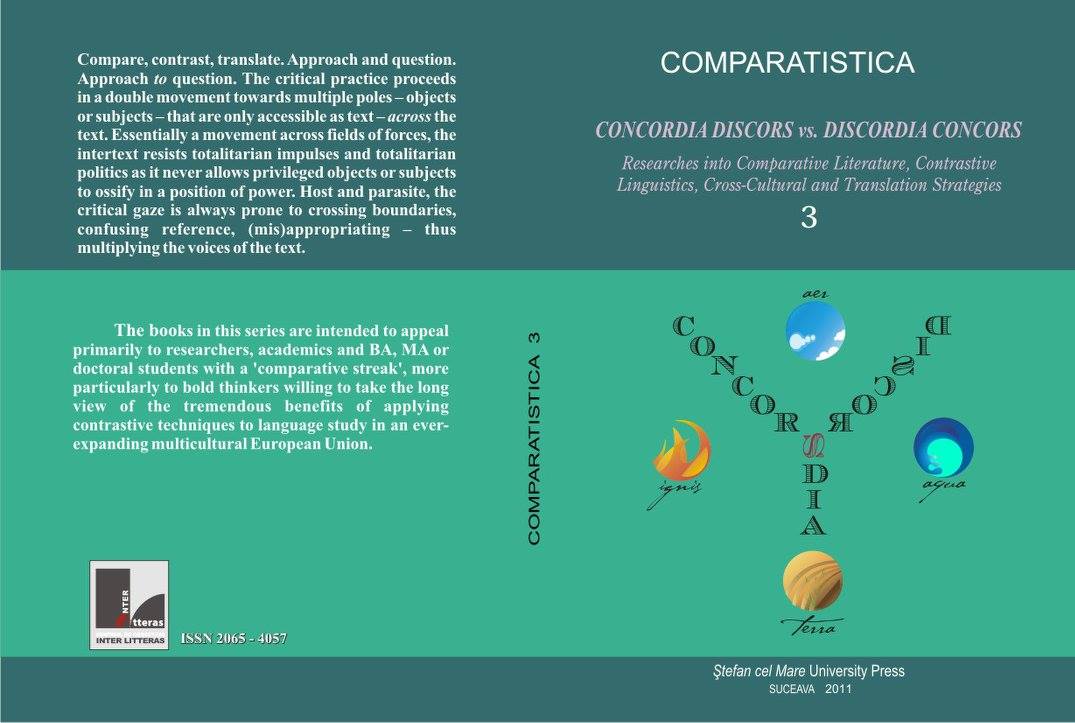Die Unschuld des Plagiats. Brechts Intertextuelle Schreibstrategie
The Innocence of Plagiarism. Brecht’s Intertextual Writing Strategy
Author(s): Hans-Joachim SCHOTTSubject(s): Language and Literature Studies, Studies of Literature, Comparative Study of Literature
Published by: UNIVERSITATEA »ȘTEFAN CEL MARE« SUCEAVA
Keywords: Bertolt Brecht; plagiarism; intertextuality;
Summary/Abstract: In the late twenties of the 20th century, Bertolt Brecht foundhimself accused by contemporary literary critics of having copied Rimbaudin his drama “Im Dickicht der Städte“. This was an occasion for him todevelop a literary poetics that focuses on the aesthetics and ethics ofplagiarizing. Brecht considered the literary technique of plagiarism as beingproductive for four reasons. First, the copy eliminates every personaldimension of a symbolic expression and emphasizes its genuine features,just as the Epic Theater does. Secondly, the copy incorporates into theaesthetic production process the art of forgetting, which Brecht – followingNietzsche – considers as being a vital power. Thirdly, the copy deconstructsthe concept of the artist as a genius, which to Brecht – as well as to MichelFoucault and Roland Barthes – is essentially ideological, for, by disallowingthe free composition of aesthetic fiction, it impedes the artistic process.Fourth, in the field of symbolic production, the copy represents a form ofproto-communist common property as it eludes any efforts ofcommercialization made by the capitalist cultural industry. The essay tracesBrecht’s arguments in favour of plagiarism and analyzes the politicalconsequences of this explicitly epigonal writing strategy.
- Issue Year: 2011
- Issue No: 3
- Page Range: 83-108
- Page Count: 26
- Language: German

